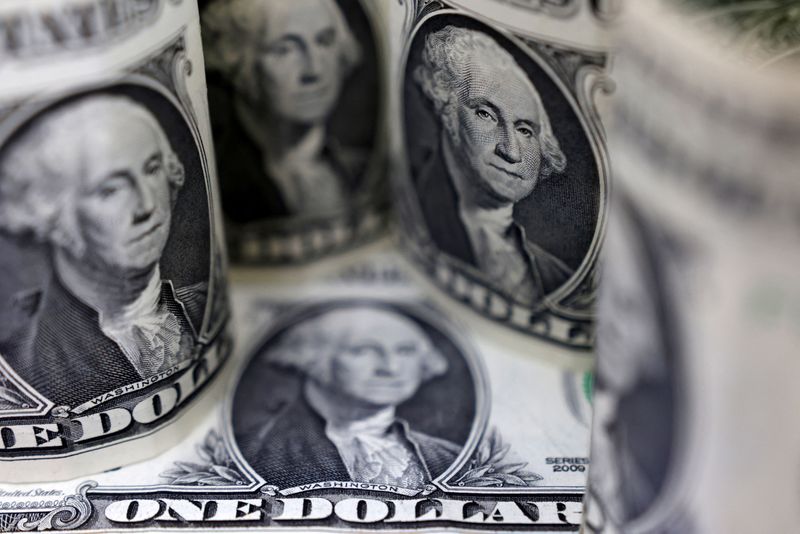RBC Warns USD Could Continue to Weaken Despite Recent Stabilization

While the US dollar has shown signs of stability in the short term, experts from RBC Capital Markets warn that the USD could continue to weaken next year, due to concerns about the long-term impact of trade policy and global asset reallocation trends.
At 07:10 ET (11:10 GMT), the US Dollar Index (DXY) – which measures the greenback’s strength against a basket of six major currencies – was down 0.2% at 100.257, although it was still up about 0.5% for the week.
After the post-“Liberation Day” turmoil – when the US began to ease trade tensions – markets have somewhat stabilized. The US administration has taken a series of steps to de-escalate tariffs, including a 90-day pause, eliminating overlapping tariffs and expanding trade talks, particularly with China.
Markets remain cautious
However, RBC notes that the true economic impact of tariffs remains unclear, as “hard data” such as employment and industrial production have yet to fully reflect the damage. Meanwhile, “soft data” such as PMIs and consumer confidence are showing clear signs of weakness.
In Europe, some recent data – particularly Q1 GDP – has surprised positively, highlighting stronger-than-expected economic resistance from the region. RBC believes that the euro and sterling could benefit from this backdrop if current trends continue.
“Quiet after the storm” scenario?
While the current market calm is hopeful, RBC believes it could be more of a “calm after the storm” than a sign of a sustained recovery. The bank still questions the true extent of the damage to the global economy and expects the lagged effects of trade policy to persist.
Questions also remain about monetary policy – in particular how far central banks can ease interest rates, given signs of a modest recovery in European inflation and rising consumer price expectations.
RBC’s new forecasts
“We have updated our forecasts to reflect the potential for EUR/USD, GBP/USD and EUR/GBP to rise over the next 12-18 months,” RBC said. The bank also noted that a reallocation of global assets could spur capital flows into Europe, particularly as currency hedges become increasingly important in investment strategies.
